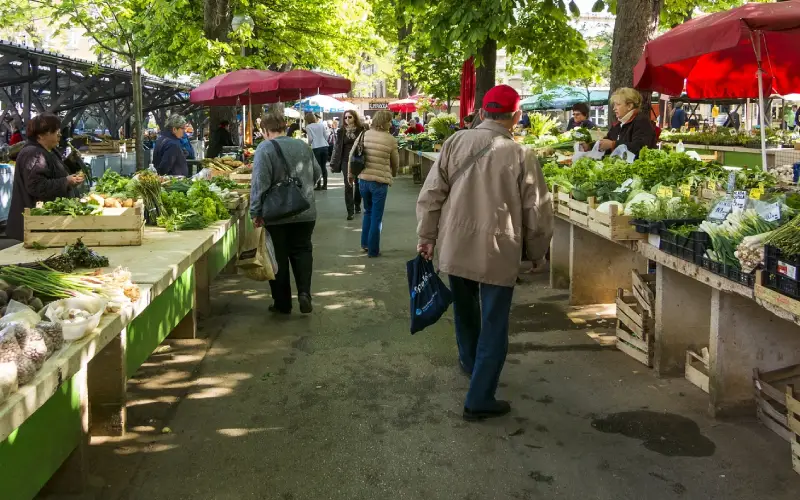Eco-Friendly Practices at the Real Food Festival: Sustainability at Its Core
In today’s world, sustainability is more important than ever. As food festivals become more popular, the Real Food Festival at the Sunshine Coast stands out for its commitment to eco-friendly practices. The festival has made sustainability a key part of its planning, giving food lovers an unforgettable experience while reducing its environmental impact. Whether you are visiting the festival for the first time or are an attendee, learning about its sustainable environmental efforts enhances the entire experience.
The event is focused on local, sustainable food producers; however, environmental objectives extend far beyond the cuisine. The Real Food Festival leads sustainability in its focus, from minimising trash to conserving energy with processes. Consider how this festival encourages a greener, cleaner, and more sustainable food celebration.
Minimising Waste
The most significant impact the festival makes to minimize its carbon footprint is in reducing garbage. The organizers have designed a strong policy regarding the use of single-use plastics. They advised visitors to bring their reusable bags, containers, and water bottles because there are going to be many water refill stations available throughout the grounds.
This reduces plastic waste at the festival and keeps it as environmentally friendly as possible. Vendors also assist by using environmentally friendly packaging and avoiding the usage of non-recyclable materials.
Recycling and Composting
Recycling stations are strategically placed throughout the festival grounds, making it easy for attendees to separate their waste. These stations accept paper, cardboard, glass, and plastic, and they are carefully monitored to ensure proper disposal.The festival also advocates composting: organic waste is sorted and composted for local gardens. Thus, by engaging the visitors in an active participation in recycling and composting, the festival imparts collective responsibility for the care of the environment toward a greener future for all.
Sustainable Sourcing and Eco-Conscious Vendors
The Real Food Festival is a showcase of local, fresh, sustainable produce; it has vendors that are usually small, family-run businesses prioritising ethical farming practices and organic ingredients. Supporting the vendors cuts down on food miles and carbon emissions from food being transported for many miles before consuming it. This festival is an occasion for visitors to enjoy fresh, seasonal foods while at the same time supporting the local economy and promoting sustainability in the agricultural sector.
Energy-Efficient Practices
Behind the scenes, event organisers take multiple steps to reduce energy consumption. The venue is lit with LED lighting, which consumes substantially less energy than standard lighting. The festival also works with vendors to ensure that their stalls contain energy-efficient appliances and equipment. This lowers the overall carbon impact of the event, demonstrating that major festivals can be powered more sustainably.
Community Education on Sustainability
The Real Food Festival is more than just a showcase of sustainable food; it is also an educational event for the community. Throughout the event, specialists present workshops and discussions on sustainable food production, waste management, and eco-friendly living. These programs provide festival-goers with the resources and inspiration they need to adopt more sustainable practices into their daily lives.
Wrapping Up
The Real Food Festival is an excellent example of how an event can promote sustainability while also providing a pleasant and engaging experience. By emphasising trash reduction, recycling, sustainable sourcing, energy efficiency, and education, the festival ensures that everyone may enjoy excellent food without affecting the environment. As we embrace sustainability, the Real Food Festival demonstrates that environmentally friendly methods are more than a trend; they are necessary for the future.








